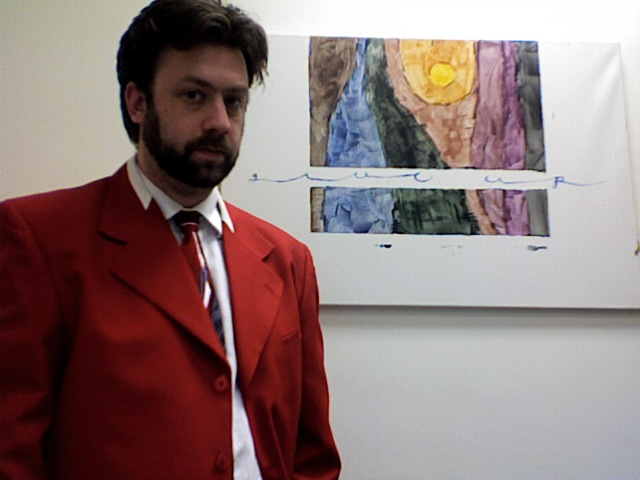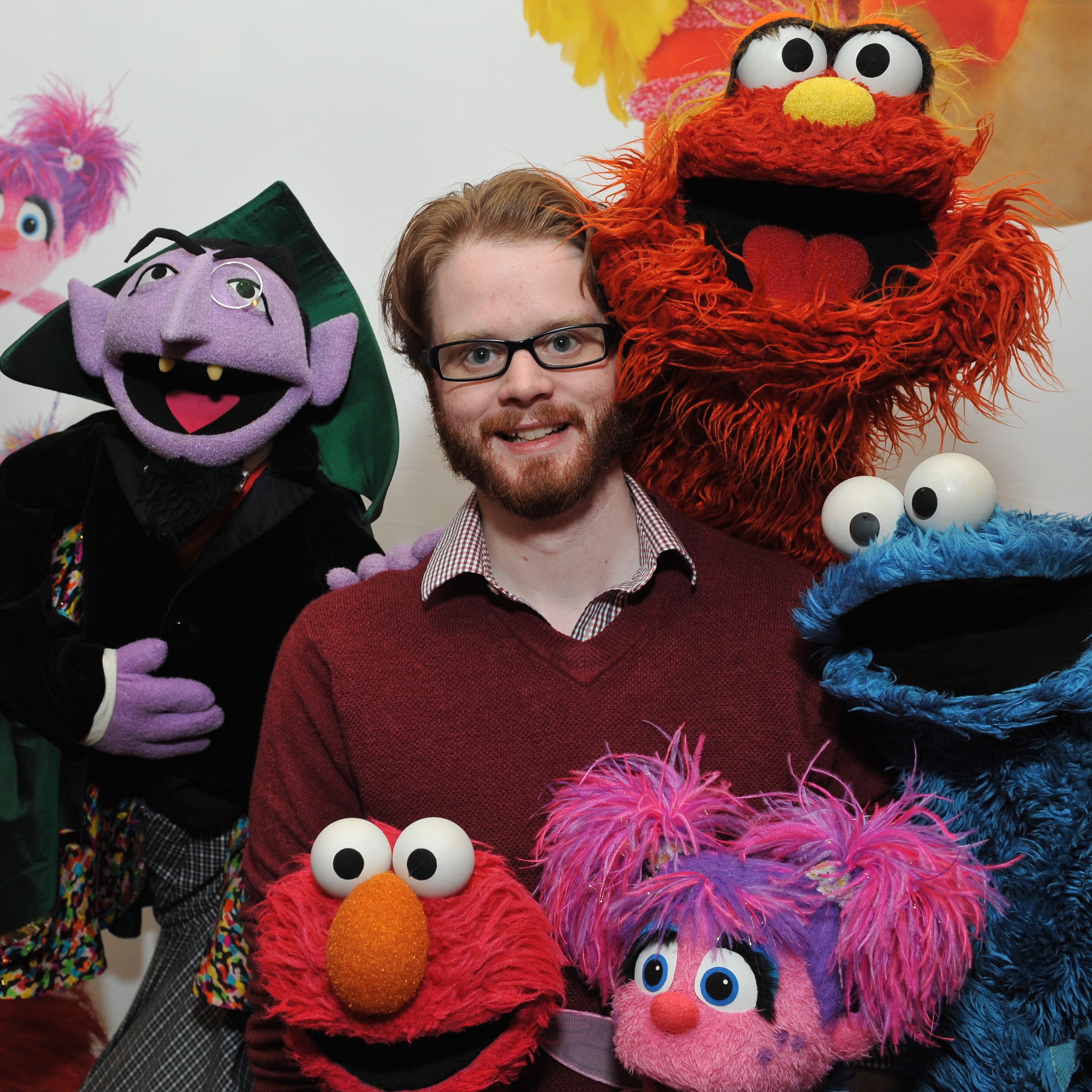The Birth of a Meme - What is it Anyway?
 Dylan Wittkower
Dylan Wittkower
 Myles McNutt
Myles McNutt
By Sarah Huddle
Popular memes, photos, GIF files and videos paired with humorous or sarcastic comments jet through the internet faster than the speed of light, it seems. There's no arguing memes have become part of our social fabric, but where did they come from and what makes a meme a meme?
The word, meme, pre-dates social media. The term was coined by Richard Dawkins, an evolutionary biologist, in his 1976 book, "The Selfish Gene," and re-appropriated by the internet.
Dawkins explained the difference between his original concept of a meme and today's internet meme is that instead of mutating by random change and spreading by a form of Darwinian selection, internet memes are altered deliberately by human creativity. Unlike genes, there is no attempt at accuracy of copying; internet memes are deliberately altered.1
This definition is further supported by Dylan Wittkower, professor of philosophy and religious studies, who defines memes as a medium of communication, not the communication itself.
"What resonates with people is digital content that is relatable to their own lives and values. Sharing it allows them to reveal something about themselves with others and it can be modified to share their own experience. This is the key to creating digital content that takes on a memetic life," Wittkower said.
A meme has become another way humans communicate; via image sharing. They capture exactly what one is thinking or what they want to say. In short, if you just can't find the words, use a meme instead. Most are humorous, fun and engaging such as the myriad of memes featuring Kermit the Frog or Grumpy Cat. Others encourage acts of philanthropy like the ALS Bucket Challenge. Yet others have a more sinister side like the recent Tide Pod Challenge. Memes also can be intellectual or provide social commentary.
However, "an image with copy posted on one's social media platform does not a meme make," noted, Myles McNutt, assistant professor of communication and theatre arts.
According to McNutt, there is no way to "create" a meme. Online tools make it easy for users to add text to images, or make animated GIFs, and so it is easy to make content that is intended to be a meme. The true creation of a meme is out of the hands of the creator.
"It comes down to whether people start using the meme themselves, transforming it and creating their own variations in use," McNutt said. "For every wildly successful meme, there are thousands of failed attempts at capturing the zeitgeist."
Just ask corporate America. Big companies and their professional marketers are delving into the world of memes as a form of viral marketing to generate buzz for products and services because they are cost effective and, if trendy, can easily go viral. The drawback is there is no guarantee these efforts will result in a meme. The success rate of corporate brand attempts to create their own memes is incredibly low.
"Although certain brands, like Wendy's, have found success through irreverent social media voices, the value of memes comes in the sense that they are organic creations of internet culture, generating meaning by way of individual internet users adopting them as a form of communication," McNutt said.
Wittkower attributes the low success rate of memes developed by corporations and professional marketers to being perceived as inauthentic.
"Let's face it," he said. "If it's marketing, people don't want to do it for you."
He explained that users often see the true intent and respond by creating memes against the organization, citing examples such as McDonald's, "I'm Lovin' It" knockoff memes and the countless "Boaty McBoatface" memes poking fun at the British attempt to let the public name a research submarine.
For those trying to crack the code of a successful meme, Jamila Walker, ODU social media manager, advises people do their research.
"What all memes have in common is that they strike an emotional cord," Walker said. "When users are finding memes, they tend to pick ones that mimic how they are feeling. By spreading that meme, they hope the next person will experience similar feelings."
Whether to express how you're feeling or to connect with the younger generation, if you want a meme to reach millions, it has to quickly spread influential information among the people and shape the social lives of online users.
Successful memes dig deep into the emotions of users, which is the reason their impact on our culture and community cannot be ignored.

